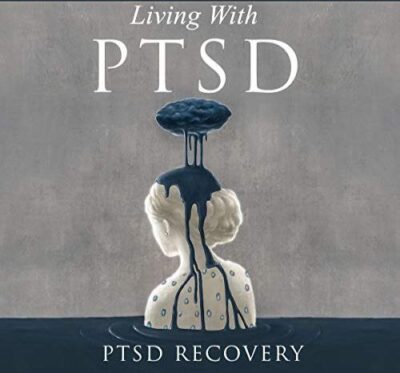Living with PTSD: A Journey to Healing
Post-Traumatic Stress Disorder (PTSD) is a condition that affects individuals who have experienced a traumatic event, such as war, physical assault, or a natural disaster. It can be a debilitating and isolating condition, affecting not only the individual but also their loved ones. In this article, we will explore the journey of living with PTSD, the challenges that come with it, and the ways in which individuals can work towards healing.
The Challenges of Living with PTSD
Individuals with PTSD often experience a range of symptoms, including flashbacks, nightmares, avoidance of triggers, and hyperarousal. These symptoms can be overwhelming and distressing, making it difficult for individuals to engage in daily activities and maintain relationships. According to the National Institute of Mental Health (NIMH), approximately 7.7 million adults in the United States suffer from PTSD.
In addition to the emotional toll of PTSD, individuals may also experience physical symptoms such as headaches, fatigue, and insomnia. These physical symptoms can be just as debilitating as the emotional ones, making it difficult for individuals to function on a daily basis.
The Impact on Relationships
Living with PTSD can have a significant impact on relationships with family and friends. Individuals with PTSD may avoid social interactions or become withdrawn and isolated due to feelings of anxiety and hypervigilance. According to a study published in the Journal of Traumatic Stress, individuals with PTSD are more likely to experience relationship difficulties and social isolation.
Furthermore, individuals with PTSD may struggle to maintain employment or engage in activities they once enjoyed. This can lead to feelings of frustration, guilt, and shame, further exacerbating the symptoms of PTSD.
The Road to Healing
While there is no cure for PTSD, there are several treatments that can help individuals manage their symptoms and work towards healing. These include:
- Cognitive-Behavioural Therapy (CBT): CBT is a type of talk therapy that helps individuals identify and change negative thought patterns and behaviors associated with PTSD.
- Medications: Medications such as selective serotonin reuptake inhibitors (SSRIs) and beta blockers can help alleviate symptoms of PTSD.
- Group Therapy: Group therapy can provide individuals with PTSD a sense of community and support, helping them to feel less isolated and more connected to others.
Conclusion
Living with PTSD is a challenging and isolating experience, but it is not impossible to overcome. With the right treatment and support, individuals can learn to manage their symptoms and work towards healing. It is essential for individuals with PTSD to seek professional help and support from loved ones to navigate this difficult journey.
References:
Post-Traumatic Stress Disorder – National Institute of Mental Health (NIMH) (nih.gov)
Post-traumatic stress disorder (PTSD) – Better Health Channel
Psychiatry.org – What is Posttraumatic Stress Disorder (PTSD)?
Websites:
Britmed Healthcare: https://britmedhealthcare.co.uk/
Nightingale Hospital: https://www.nightingalehospital.co.uk/
Top Doctors: https://www.topdoctors.co.uk/doctor/ahmed-el-missiry
You can also book, Contact us on WhatsApp 08009708017




